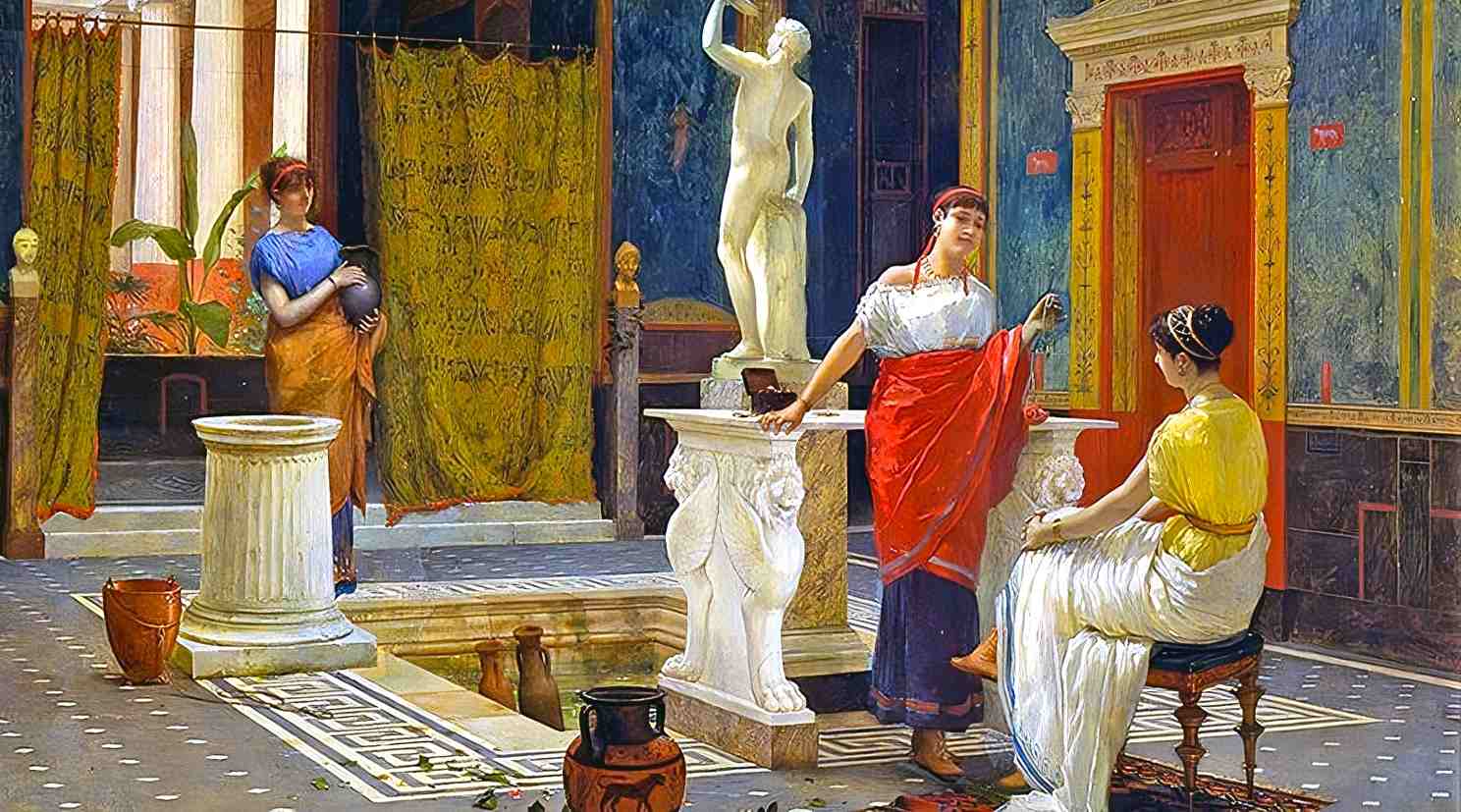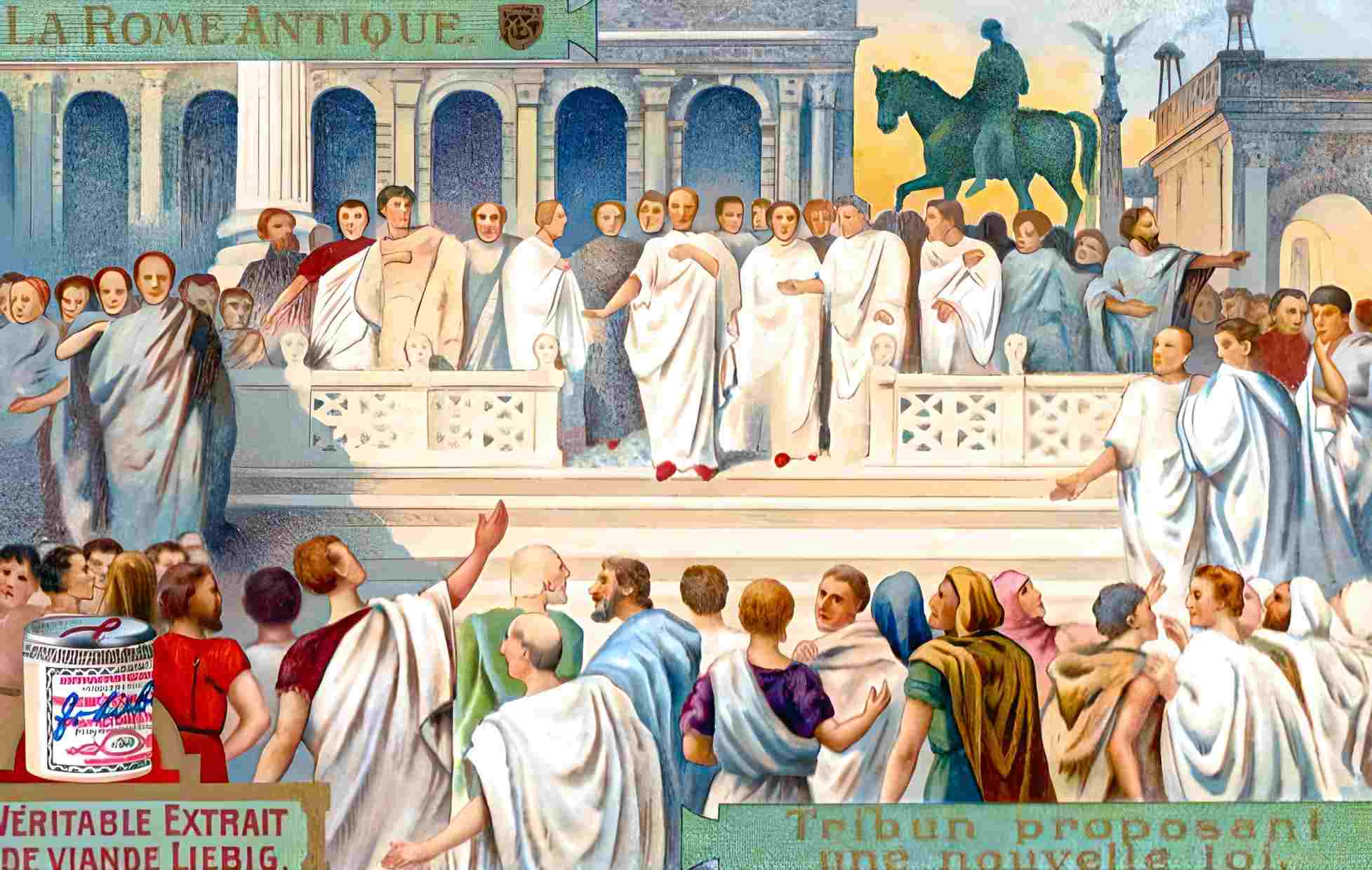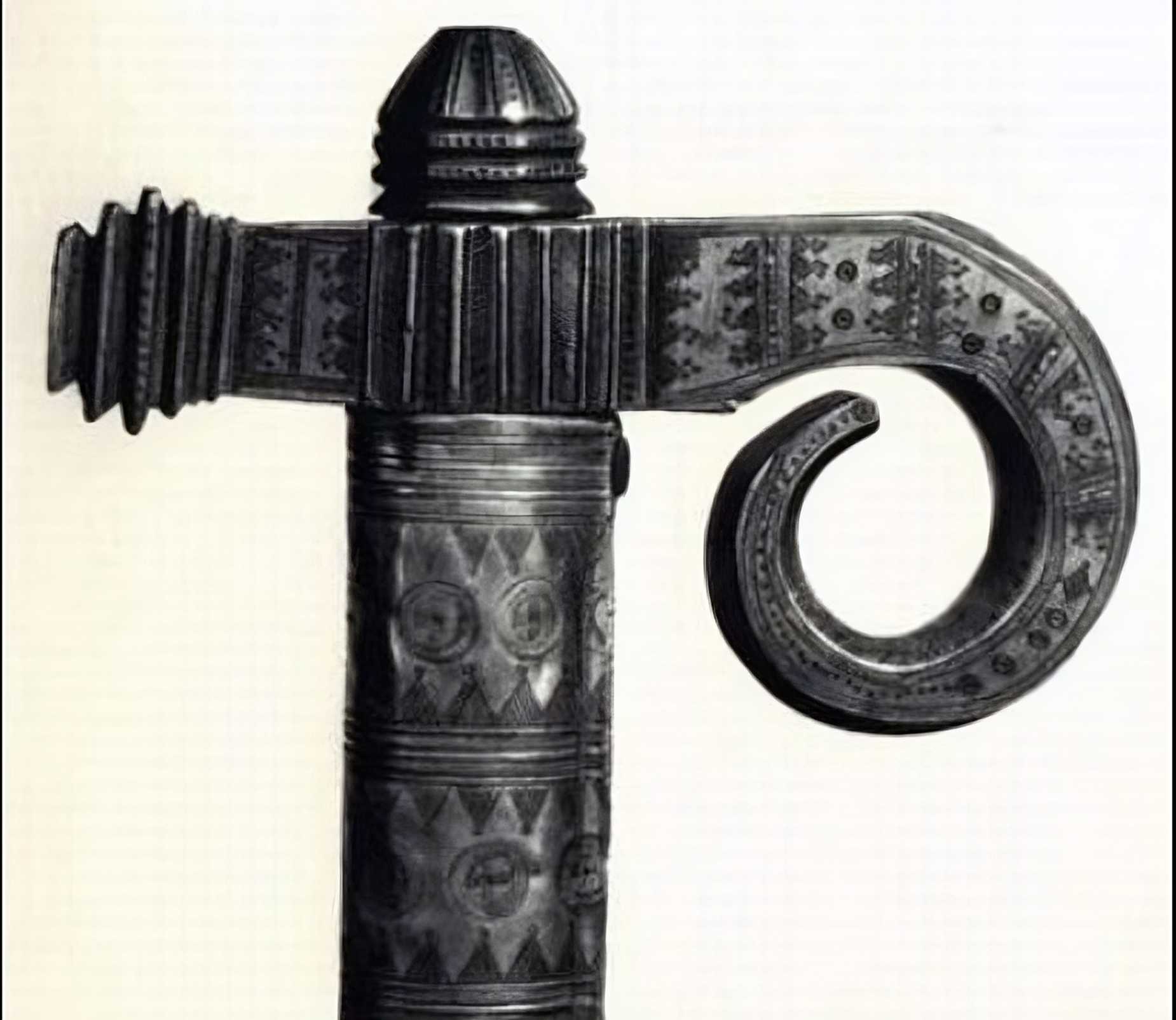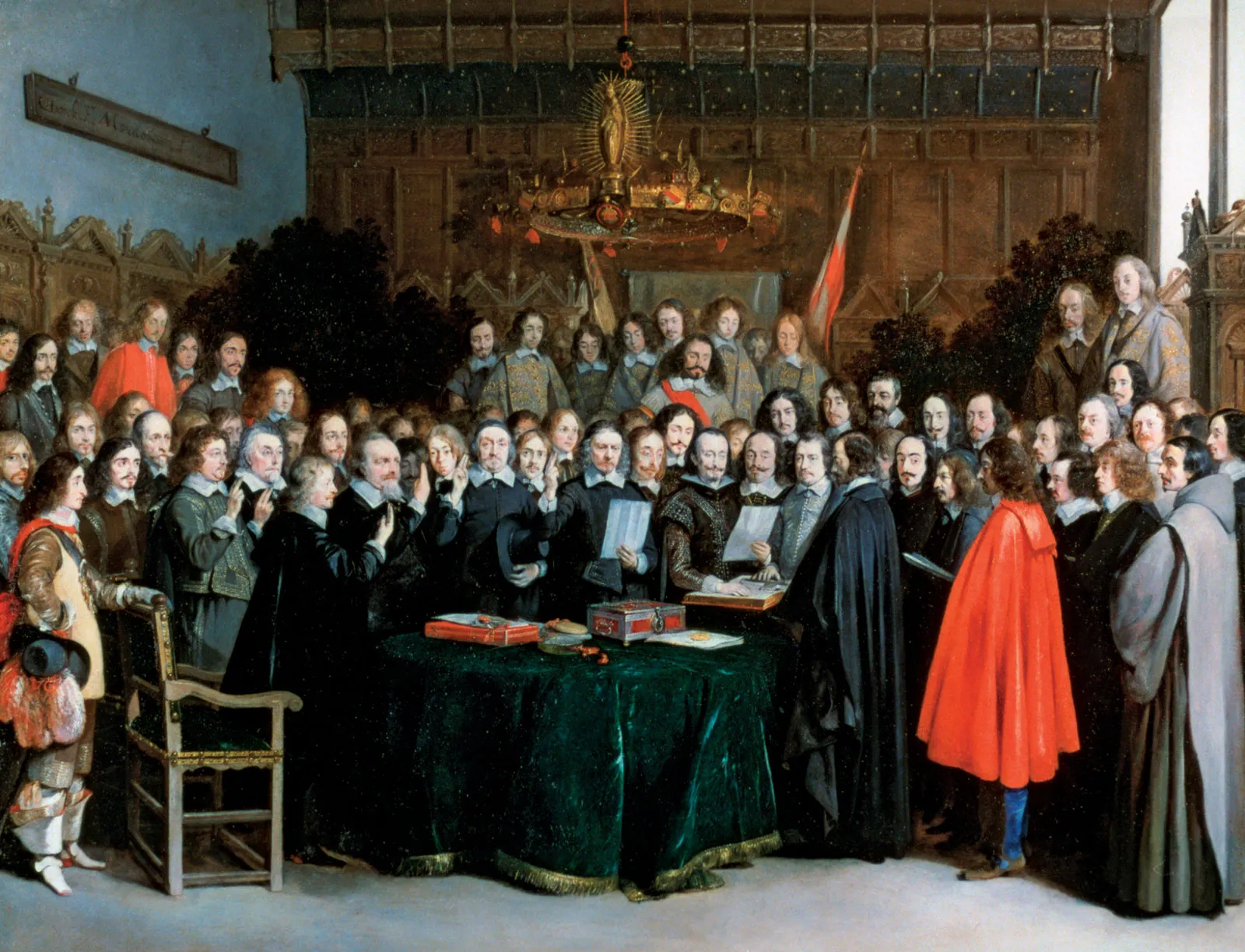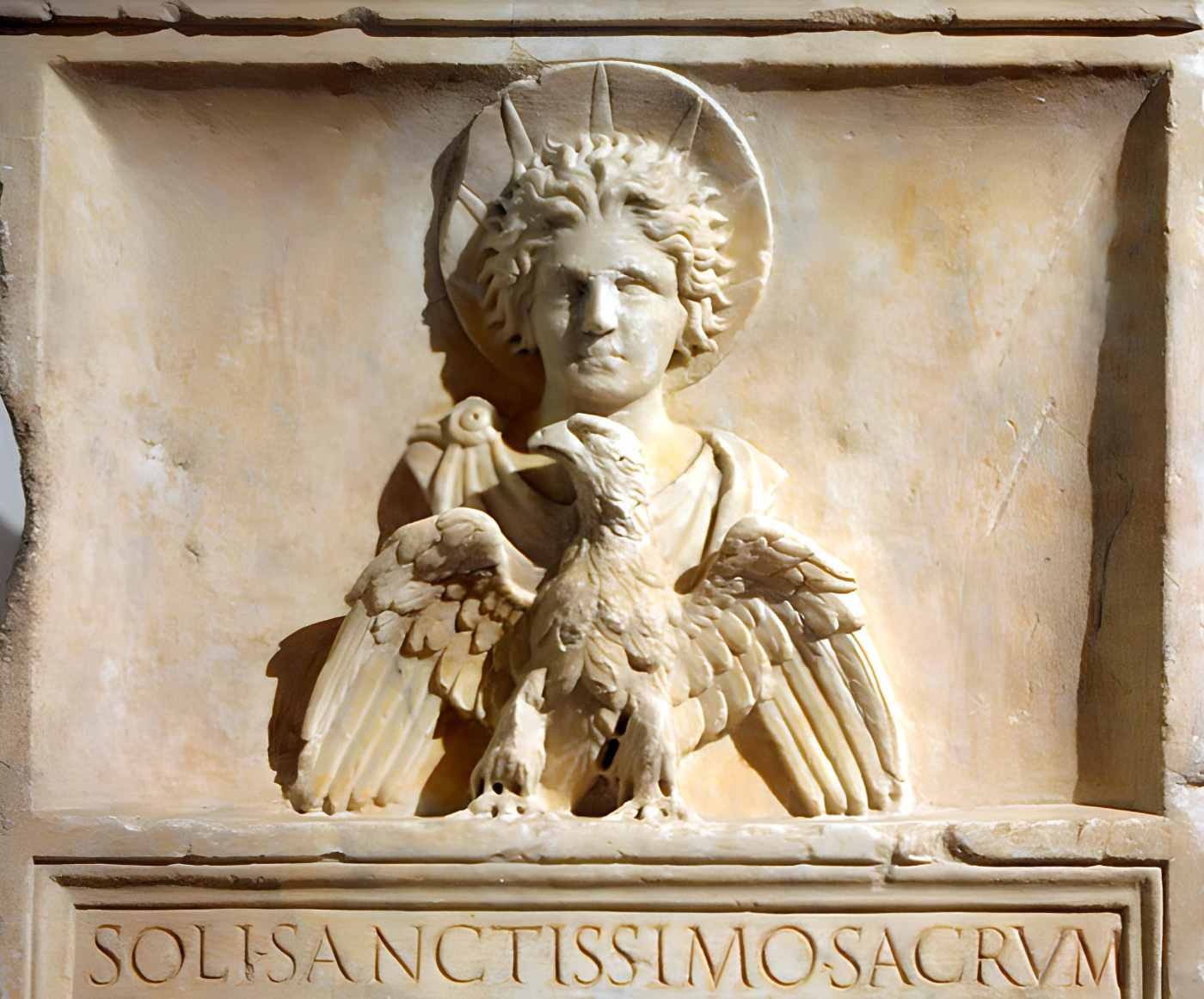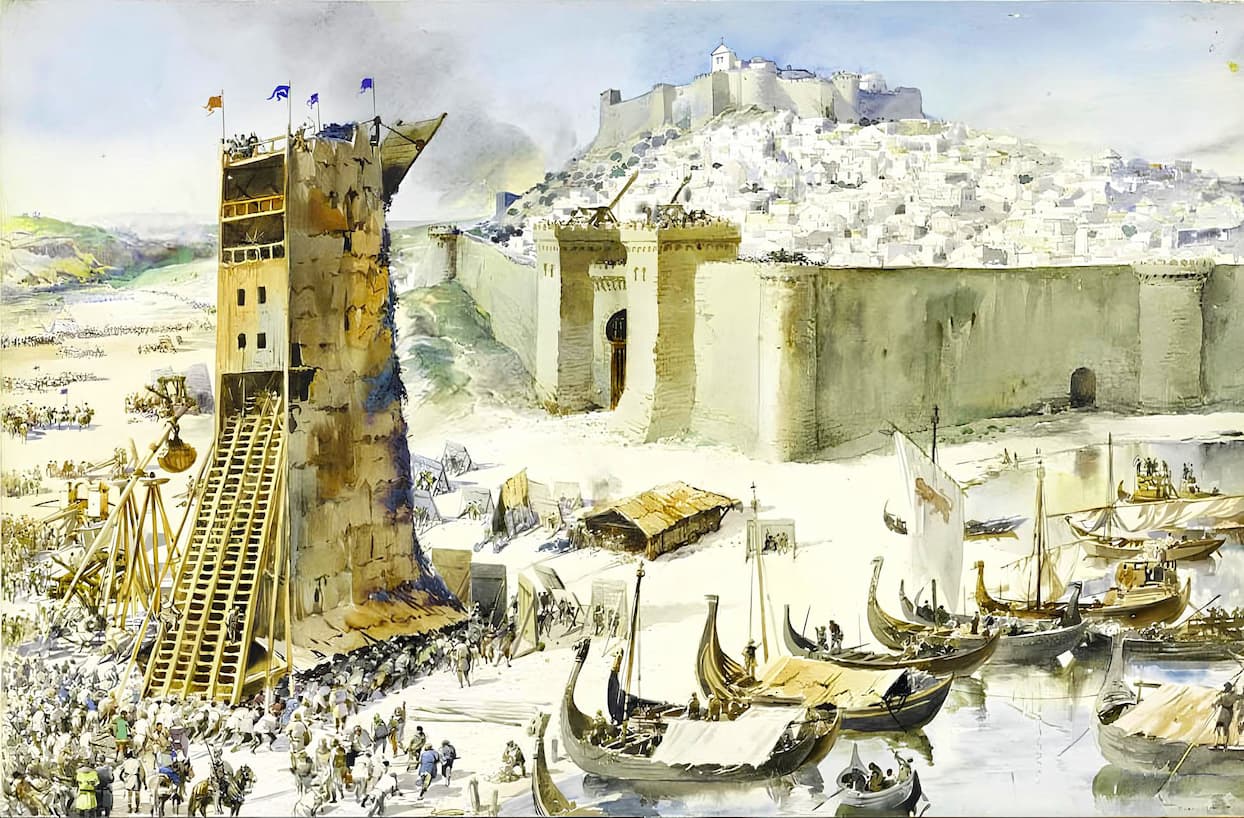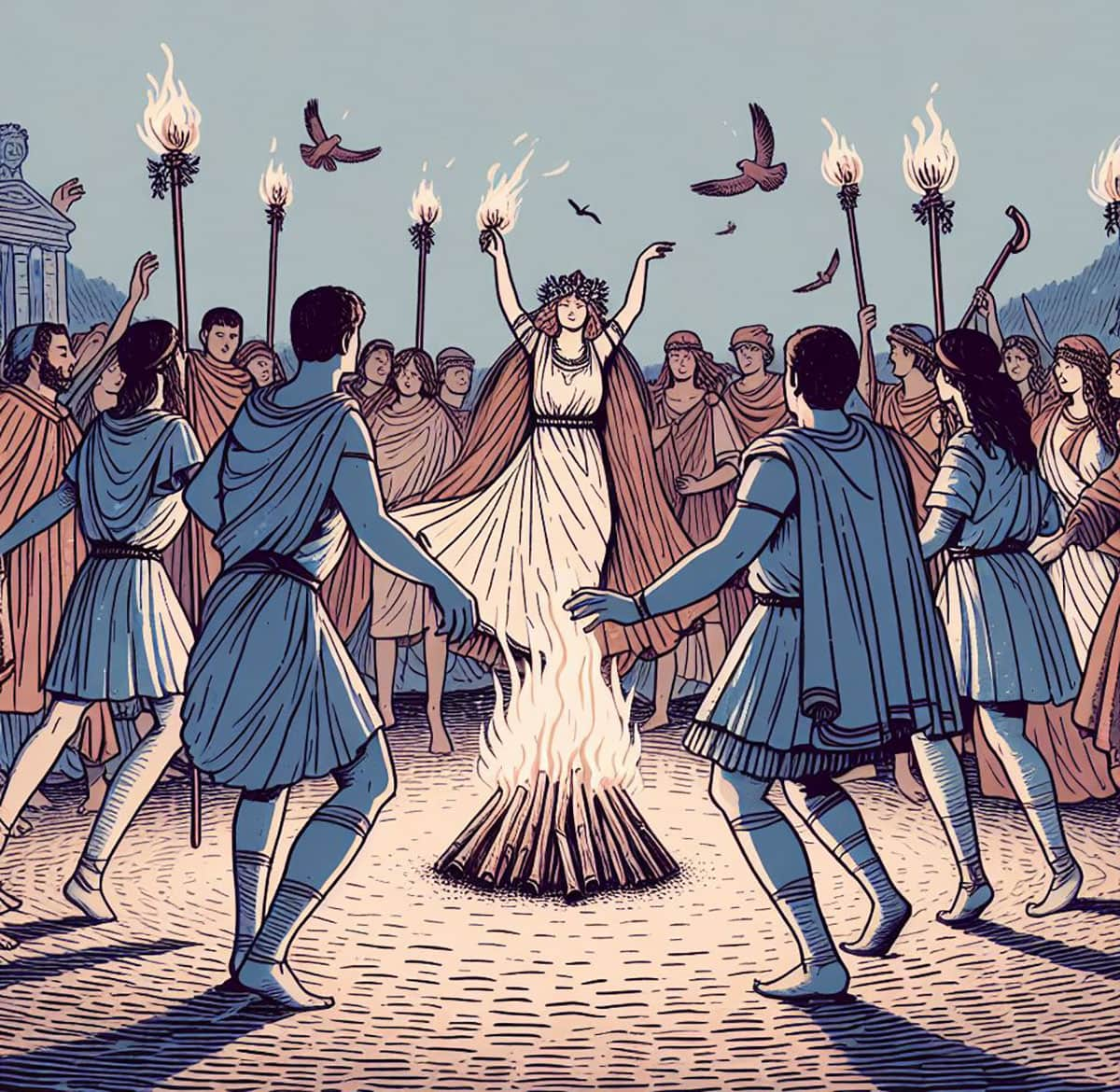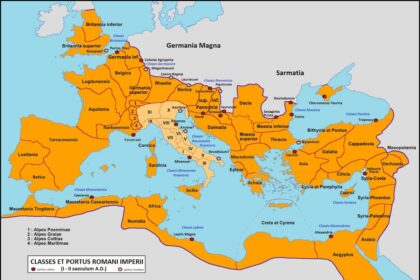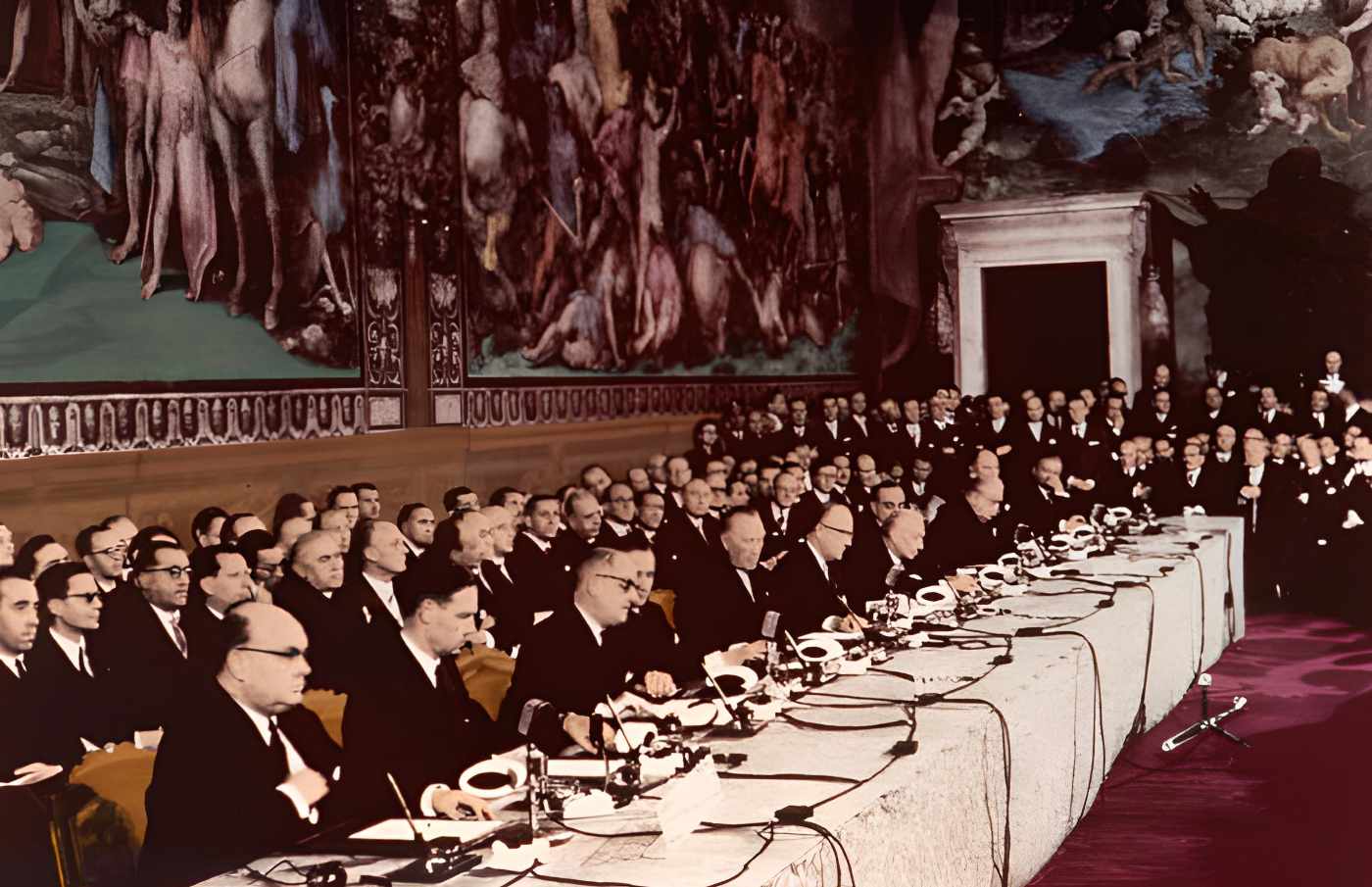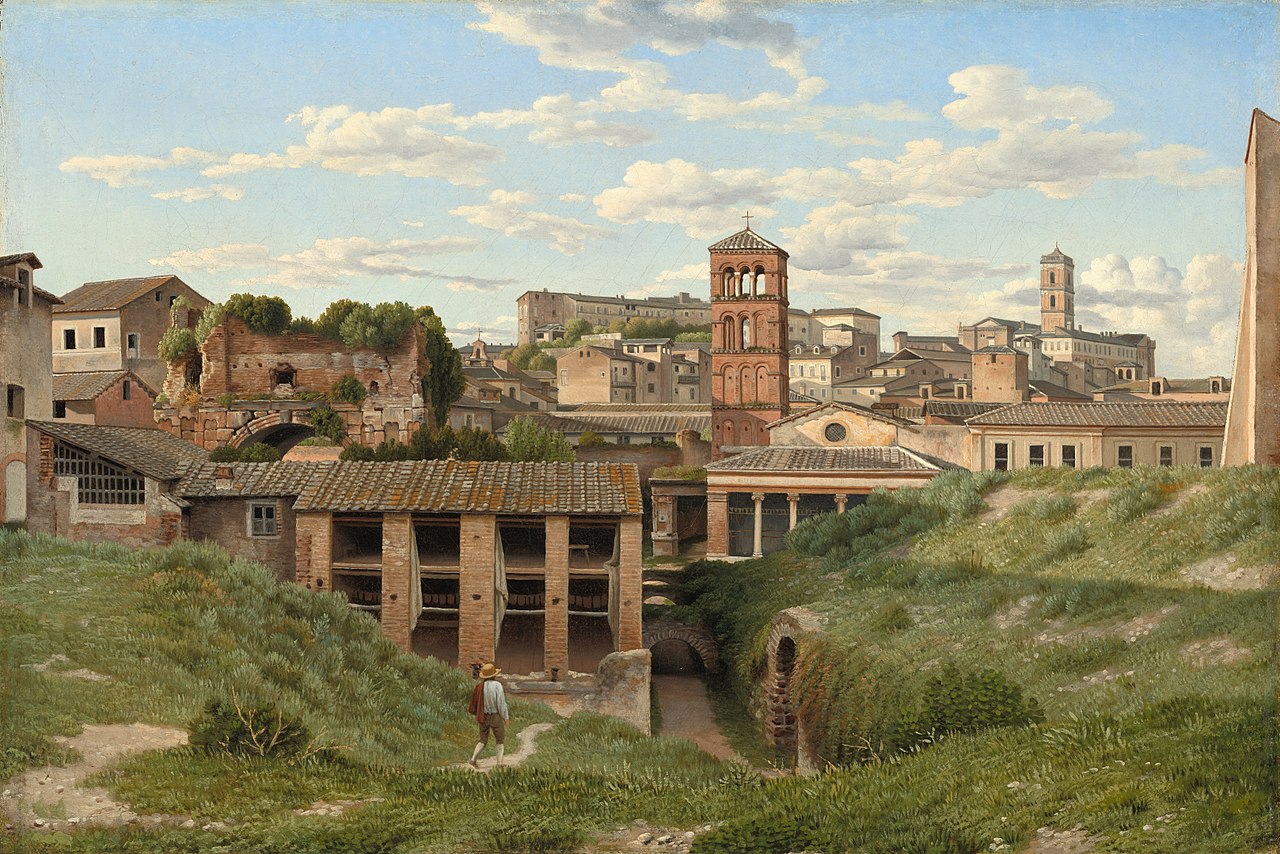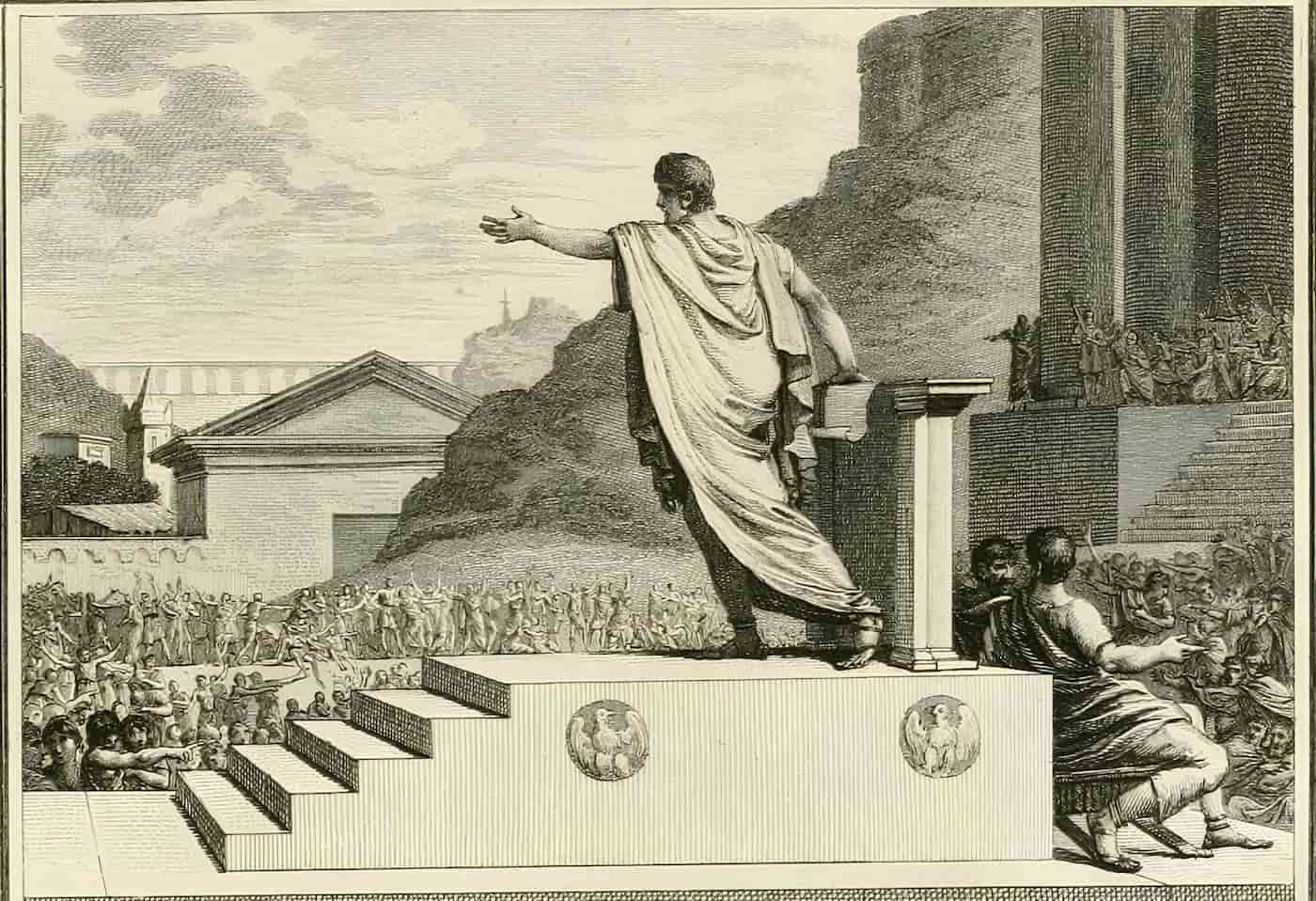The term “Romans” was often associated with a sense of connection to the Roman Empire and its legacy. Many Russian Tsars claimed themselves to be the successors of the Eastern Roman Empire, also known as the Byzantine Empire. Hence the Latin name for Roman emperors, “caesar”, is where the word “tsar” originates. This claim served as a legal and historical justification for Russia’s southward expansion and particularly its intervention in the Balkan Peninsula. The same can be said for the Ottoman Empire in Turkey: in 1453, Mehmed the Conqueror named himself “Kaiser-i Rum” or “Caesar of the Romans”.
Do Romanians Consider Themselves Romans?
In the immediate aftermath of the fall of the Western Roman Empire in 476 AD, there was a decline in direct identification with Roman heritage. However, elements of Roman culture, law, and governance continued to inspire many European cultures that were once part of the Empire.
There are still people who hold such beliefs: They are the Romanians. The Romanian national anthem Awaken Thee, Romanian (also the former national anthem of Moldova) contains the following lyrics:
Wake up Romanians from your sleep of death
Into which you’ve been sunk by the barbaric tyrants.
Now or never, sow a new fate for yourself
To which even your cruel enemies will bow!Now or never, let us show the world
“Deșteaptă-te, române!” The national anthem of Romania and the former national anthem of Moldova.
That through these arms, Roman blood still flows;
And that in our chests we still proudly bear a name
Triumphant in battles, the name of Trajan!
During the reign of Emperor Trajan (r. 98–117 AD), the Roman Empire reached its zenith, and present-day Romania was part of its territory. Today, the Romanians still take pride in their Roman roots, which can be traced back to the empire. In fact, the name “Romania” itself means “Land of the Romans” in Latin.
So, there are Europeans who still consider themselves “Romans” today. But even outside of Romania, there are remnants of Roman influence that persisted for a considerable period of time.
The Last of the Romans
The idea of a “Holy Roman Empire” developed throughout the Middle Ages, especially between the 8th and 15th centuries. Despite being separate from the actual Roman Empire, this group claimed descent from the city of Rome and saw its populace as “Romans,” while working to maintain and revitalize Roman customs.
Its emperors, like Charlemagne, highlighted their ties to the Roman Empire, and its territory included portions of modern-day Germany, Italy, and Central Europe.
In fact, Europeans continued to use the title “Holy Roman Emperor” up until 1806, when the Austrian Empire, which emerged in the wake of the Napoleonic Empire, formally dissolved the title.
However, the actual use of this title was merely as “Emperor” or “Emperor of the Romans” (in Latin: Imperator Romanorum, in German: Kaiser der Römer). Whether the people of Germany and Austria truly considered themselves “Romans” is a separate matter, but the term “Roman Empire” remained longer than the original nation.
Therefore, the name of the country governing the region now known as Germany continued to incorporate “Rome” until the 19th century. It is unclear how long the people in the present-day German region considered themselves “Romans,” but this formal designation endured.
Moreover, Napoleon Bonaparte named his son Napoleon II the “King of Rome.” Napoleon himself sought coronation from the Pope in Rome, emphasizing the continuity with Rome. Thus, the title of Emperor of the French also symbolized a strong connection to Rome and the Romans.
The Nations That Considered Themselves Romans
The Russian monarchs, or Tsars, claimed descent from the Romans and founded a new concept of an empire they called the ‘Third Rome’. They considered themselves the inheritors of the Byzantine Empire, the Eastern Roman Empire, and claimed to be the rightful successors to the Roman imperial legacy. This concept was first formulated in the 15th–16th centuries in the Tsardom of Rus’.
The Austro-Hungarian Empire, often known as the Habsburg Empire, always insisted that it was rightfully titled “Emperor of the Romans.” The Habsburgs ensured the survival of the medieval-era Holy Roman Empire. The Habsburg rulers retained the titles of Emperor of Austria and King of Hungary even though the empire was primarily symbolic by the time of World War I.
The Ottomans, too, claimed they were the rightful heirs to the throne of Rome. The Ottomans considered Constantinople (today’s Istanbul) to be the legitimate continuation of the Roman imperial capital since they recognized themselves as the rightful heirs of the Eastern Roman Empire. By calling themselves “Kayser-i Rûm,” or “Caesar of the Romans,” they drew attention to the fact that their empire was descended from the Romans.
In Italy, during the era of Benito Mussolini’s fascist party (until 1945), there was a serious political appeal at the national level to foreground the “Roman identity.” This appeal, however, came to an end. The term “popolo di eroi” (people of heroes), as mentioned in the fascist party anthem, referred to the Romans, who envisioned the revival of a new Roman Empire centered around the Mediterranean.
Hail, people of heroes,
“Giovinezza” (Italian for ‘Youth’), official hymn of the Italian National Fascist Party,
hail, immortal Fatherland,
your sons were born again
with the faith and the ideal.
Your warriors’ valour,
your pioneers’ virtue,
…
Hitler‘s Nazi Party (National Socialist German Workers’ Party) later adopted the raised-arm salute that the fascist party had previously borrowed from the Roman salute. This political symbolism aimed to evoke a sense of connection to the glorious and imperial past of ancient Rome.
However, other European powers did not accept these claims. And this historical discrepancy regarding the European nations considering themselves “Romans” has been a source of various conflicts up to this day.
When Did Europeans Detach from the Roman Identity?
Up until the First World War, there were a few more countries vying for the title of Roman Emperor alongside Russia, Austria-Hungary, and Turkey, regardless of whether other countries recognized them or not.
However, the European powers, including Western and Southern Europe, which were once considered part of the so-called Roman world, gradually detached their countries from the Roman identity.
This began as early as the time of Henry VIII, the former King of England, during the period of religious revolution when many peripheral countries shifted from Latin to their local languages as the court and church languages in the 16th century. The complete disintegration of the Holy Roman Empire, which had already become a mere formality, occurred around the Napoleonic Wars (1803–1815).
The End of “Romans”
The dissolution of the Holy Roman Empire during the Napoleonic Wars marked the disappearance of any entity in Western Europe claiming the title of Roman Emperor and their populace as “Romans”.
During this period, the concept of nation-states emerged, leading to the complete abandonment of a conscious affiliation with Rome and the Roman populace. These underlying perceptions still contribute to the complex relationship between Western Europe and countries like Turkey and Russia today.
Today, Romania and the Romanian people are the only European nation that openly and officially consider themselves “Romans,” who were once the citizens of the Roman Empire and ruled by the Roman Emperor Trajan (53 AD–117 AD).



